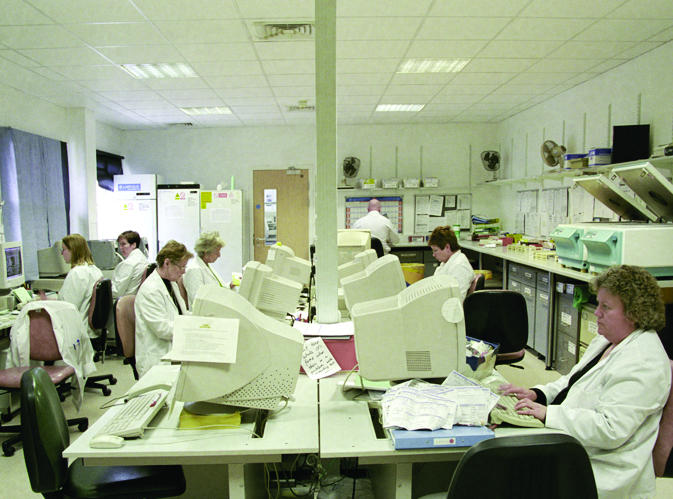Editor—The resignation of Peter Hutton, from his position as chairman of the National Clinical Advisory Board of the National Programme for Information Technology (NPfIT), has highlighted the lack of clinicians' engagement with this £6bn project.
The advisory board represents a much needed injection of resources to NHS information technology systems, which could bring many benefits to care for patients and clinicians' working practices. The Wanless reports have emphasised the importance of information technology in the future of healthcare in the United Kingdom.1 A national programme could avoid the problems around interoperability associated with past failures in NHS information technology systems.
However, the secrecy surrounding the procurement phase of the programme has led to an increasing feeling of unease among clinician end users. Anxieties prevail about changes in working practices, usability of systems, training needs, and the possibility that political expediency will overshadow clinical needs.
Aidan Halligan, the deputy chief medical officer, has been charged with ensuring clinical engagement with the programme.2 The good news for the Department of Health comes from its survey, carried out by Medix, which shows that many doctors are enthusiastic about the potential of the national programme, with three quarters of respondents endorsing it as an important NHS priority.3
Only 4% of respondents thought, however, that they had been adequately consulted. The recently announced new Front Line Support Academy aims to correct omissions at the leadership level.4 But any programme of change management requires the involvement and commitment of all stakeholders. Consultation should not be limited to the select group of doctors with technical skills. The programme requires major changes in the ways all NHS professionals work, and the promised engagement should involve the “average” clinician in the “average” clinic.
Figure 1.

Credit: SOTIRIS ZAFERIS/SPL
There seem to be few plans to evaluate the programme, yet the required commitment from doctors will depend on showing benefits to patient care and the working lives of professionals. NHS workers “at the coalface” need to be convinced of the added value of electronic booking, electronic prescribing, and a national care records service.
Competing interests: None declared.
See Editorial p 1145
References
- 1.Wanless D. Securing our future health: taking a long-term view. London: HM Treasury, 2002. www.hm-treasury.gov.uk/Consultations_and_Legislation/wanless/consult_wanless_final.cfm (accessed 4 May 2004).
- 2.Department of Health. New appointments to NHS IT programme will help deliver real changes for patients. Press release. London: DoH, 2004.
- 3.Collins T. Doctors question NHS IT priorities and lack of consultation about national plan. Computer Weekly 2004. Feb 10.
- 4.Department of Health. The NHS national programme for information technology announces new support for frontline NHS staff. Press release. London: DoH, 2004.


